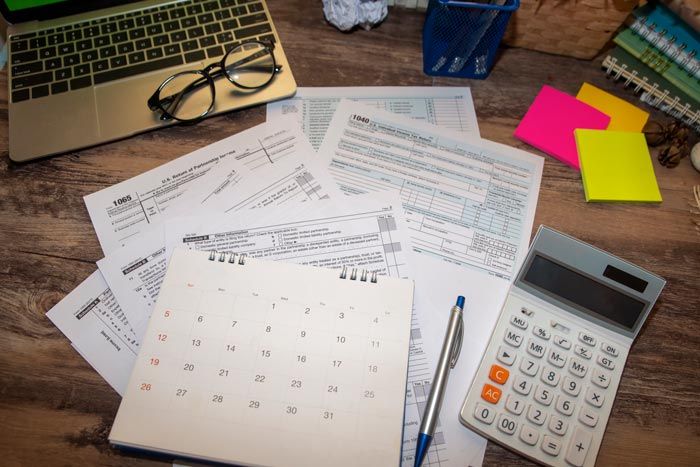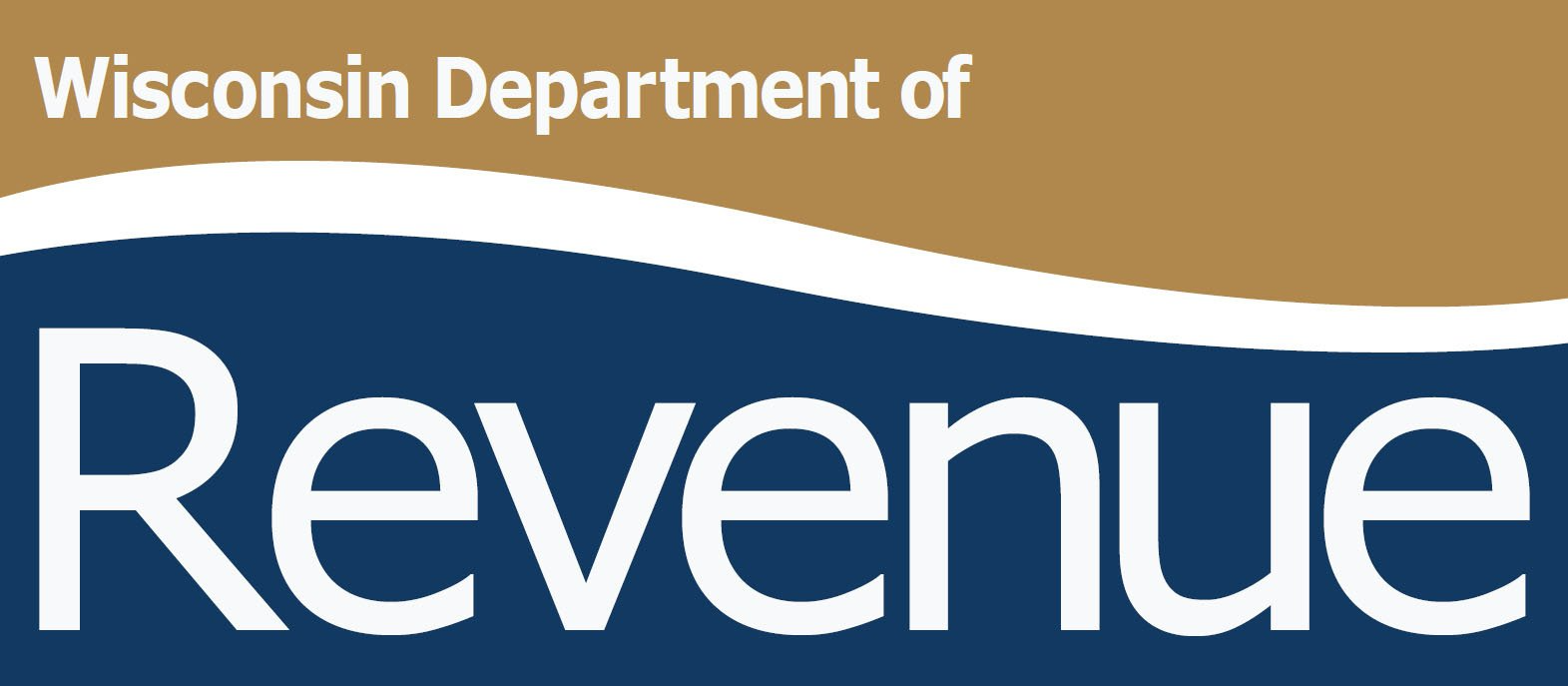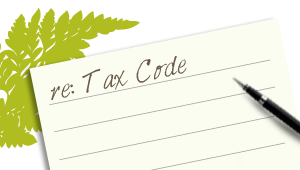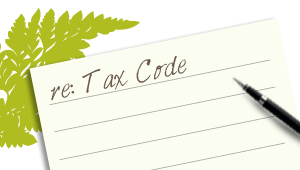Blog Layout
How to Find the Best Tax Preparer for You
Jann Kostecke • Oct 01, 2015
This time of year, I get calls from potential clients looking for somebody to prepare their tax returns. I really love this time of year because I love getting new clients. However, I know that it doesn’t do any good to bring in a lot of new clients if we are not right for each other. So I do my best to tell them about myself and answer some of the questions that they should be asking me, in addition to asking them a little about their lives and financial situations.
Here are a few questions that will give you a better idea of the skills, professionalism, and services of a prospective tax preparer.
Questions to Ask a Prospective Tax Preparer
- What are your qualifications and training?
Anyone can say they are a tax preparer, but you can only call yourself a certified public accountant (CPA) or an enrolled agent (EA) if you have passed a detailed test, hold a state license, and fulfill continuing education and ethical requirements for your designation. - Have you taken any continuing professional education (CPE) in the past year?
This is a way of trying to assess whether the tax preparer is staying current with tax laws. EAs and CPAs who belong to the WICPA—Wisconsin Institute of CPAs—are required to have CPE credits every year. Tax preparers without these qualifications may also take CPE through professional organizations such as the National Association of Tax Professionals. - Who will prepare my return? You or another person in your office?
Many times individuals choose a specific preparer and then find out later the preparer does not really know anything about your tax situation because they did not prepare the return. This is pretty common, that there are data entry personnel who enter all they can before the return is passed along to a higher-level person for additional work and review. However, if you want the person you’re talking with to also prepare your return, or at least review it, make sure you know that going in. - Do you file a lot of extensions?
Some preparers are more casual about putting returns on extension. There’s nothing wrong with extending a return, except that it could cost you more money if you end up owing taxes and it will delay your refund. An extension also extends the amount of time the IRS and state can audit your return. - Do you e-file tax returns?
All professional tax preparers who prepare more than 10 individual tax returns per year for pay must e-file those returns. If they are not efiling, they are not in compliance with the law. - Do you sign returns?
The “signature” I’m talking about (since tax returns are e-filed) is the identification of the preparer of the tax return. Some tax preparers operate anonymously to avoid scrutiny by the IRS, by not identifying themselves as the preparer of the tax return. All professional tax preparers are required to obtain or renew their professional tax identification number, or PTIN, from the IRS, every year. It is not a good sign if your tax preparer does not sign off as the preparer. - What happens if you make a mistake on my return?
It is a good idea to understand what the responsibilities are of the tax preparer and of the taxpayer if there is a mistake. In general, it is your responsibility as the taxpayer to make sure the tax return is complete and includes all the required information. And it is your tax preparer’s responsibility to report it correctly in the tax return. Everybody makes mistakes, so find out what happens if the tax preparer goofs up. - What kind of software do you use for preparing tax returns?
Professional tax preparation software is expensive for a reason. It is much more effective than the home tax preparation software you can buy at the store. It has a greater capability to handle complexity, and more checks and balances within it to ensure that the return is accurate and is processed correctly by the IRS and state. - What kind of security do you have over your computers and documents?
This is a tough question to ask and to answer, because most of us are not computer security professionals, but it is one of the most important questions for you and the safety of your personal information. A professional tax preparation office should have a secure server protected by a firewall and up-to-date, state-of–the-art virus and malware protection. Paper files should be left in a secure location that is only available to employees and is locked outside of regular business hours. - Do you offer other services available besides personal tax preparation?
Other needs you have may include:
• Accounting and bookkeeping services for your business
• Business tax preparation
• Nonprofit tax and bookkeeping
• Business planning, tax planning, estate planning, etc.
It can be handy to have several of these services in one spot because they all tend to interact with each other and require coordination. - Do you work all year?
Some tax preparers are on hiatus from April 16th to January 1st. Find out if your tax preparer is available all year to answer questions or provide advice. - How much will this cost?
Most people have this question ready to go without any prompting, and rightly so. You need to understand how much it will cost and what services are included and excluded. A tax preparer will need to understand how complex or straightforward your return is by reviewing the prior year return and asking you a few questions about your financial situation before providing an accurate estimate. However, as the above questions suggest, not all tax preparers are the same.
Price should not be the main consideration when selecting a tax preparer.

By Jann Kostecke
•
15 Jan, 2021
Happy tax season! I know that many people are not enthusiastic in a positive way about tax season. Reasons vary, but usually it comes down to a couple of things: 1) you can’t find the information and forms you need and spend lots of time you don’t have to track them down, or 2) you’re afraid of how much money you may owe and you don’t want to confront it. How do you overcome this tendency to put off filing your taxes? Here are some recommendations: 1) Set up a file to collect all the documents you will need to prepare your taxes. This file is where all your W-2s, 1099s, charitable donations, health insurance 1095s, etc. will be stored. 2) Look through your mail every day from January through April 15th for envelopes marked “Important Tax Information” or something similar. Save all of those envelopes, as well as any thank-you letters you receive from charitable organizations, mileage records, home sale/purchase documents, etc. Put these into your tax file. (Continue to review your mail after April 15th, just in case!) 3) Much of your tax information comes to you electronically now, so be sure to scan your email for notifications from your pension provider, investment firm, or bank that tax documents are ready on-line. Go on-line and retrieve your tax documents as soon as possible and put them in your tax folder. If you have any trouble signing in or finding your information, it’s a lot easier to get help with this now than it will be the second week of April. 4) Make sure your business mileage documentation is complete. Your mileage log should include details of business mileage, including date, purpose of each trip, who you visited (if applicable), miles, and your odometer readings. If you use more than one vehicle for business, you should keep a mileage log for each vehicle. Fill in any blanks in your mileage log(s) now. It will be easier now than later. 5) It’s easy to summarize your business deductions if you have a dedicated business credit card and business bank account. Then, you can download a listing of all of your transactions for the year that is easy to summarize versus searching for receipts and transactions in your personal accounts. Remember that you also need to keep your receipts to support credit card charges and checks written for business expenses. 6) If you go to a professional tax preparer like me, you may receive an organizer. The organizer has a lot of questions and it includes information from last year that will help you understand what you need to bring to your tax appointment. Please fill out your organizer! It will save all of us some time. 7) If you are afraid of how much tax you owe this year, the worst thing you can do is put off finding out how much it will be. Get your tax return done early, even if you don’t want to pay until April 15th. The earlier you understand how much you owe, the better you can plan to pay it, and the sooner we can plan for a better 2021 tax season.

By Jann Kostecke
•
03 Nov, 2020
Since the federal Tax Cuts and Jobs Act went into effect in 2018, many people stopped keeping track of their deductions. The TCJA doubled the federal standard deduction while limiting or eliminating the deductions for state and local taxes and miscellaneous expenses. Taxpayers often were better off taking the standard deduction, because their itemized deductions were lower. That is true for many taxpayers if you only consider their federal income taxes, but how about Wisconsin income taxes? Wisconsin did not change how income taxes are calculated with the new federal laws. Wisconsin has a standard deduction that decreases as Wisconsin income increases. You completely phase out of the Wisconsin standard deduction at $124,279 in income if you are married, and at $105,500 if you are single or head-of-household. If you are partially or fully phased out of the Wisconsin standard deduction, you can benefit from the Wisconsin itemized deduction credit. This credit is 5% of the total of medical and dental expenses (except health insurance), mortgage interest, and charitable contributions, including noncash donations to Goodwill, etc. Most people have mortgage interest and contributions they can claim for this credit but not medical expenses, which have to be reduced by 7.5% of your income as they are on the federal return. If you pay for your own health insurance premiums or long-term care insurance premiums directly (not through an employer) you can deduct most or all of those costs on your Wisconsin return even if you can’t on your federal return. This includes Medicare premiums, COBRA payments, and dental insurance. The Wisconsin school tax credit can be claimed based on Wisconsin property taxes or rent and lowers your taxes up to $300. Don’t miss out on Wisconsin tax savings! Keep track of your deductions this year and make sure you get credit for them on your Wisconsin tax return.
Content, including images, displayed on this website is protected by copyright laws. Downloading, republication, retransmission or reproduction of content on this website is strictly prohibited. Terms of Use
| Privacy Policy


